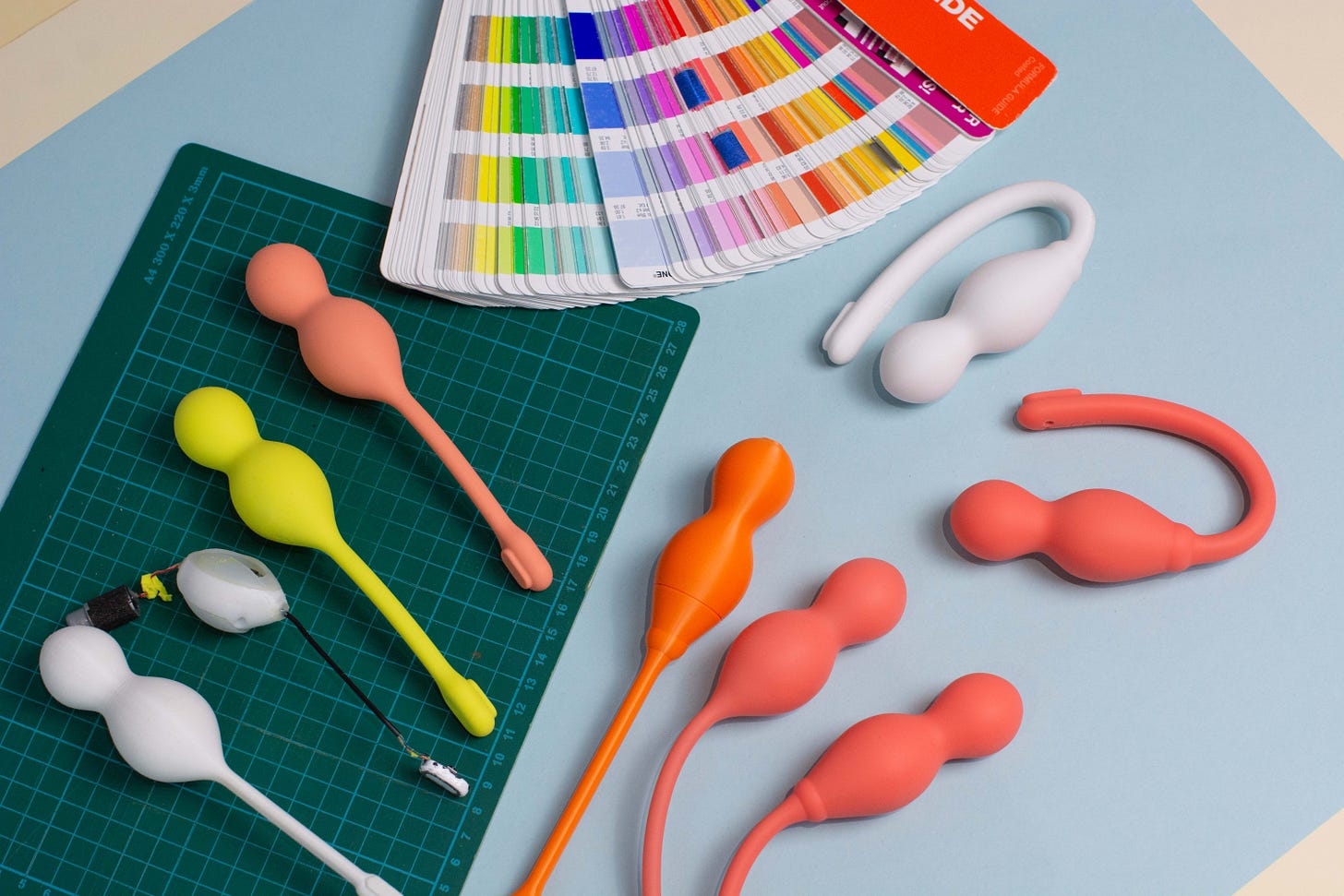From pleasure to pelvic health: Smile Makers expands its wellness mission
Global wellness brand to launch new pelvic health device
Smile Makers Collection, the global intimate wellness brand best known for its sex-positive approach to pleasure, is stepping into a new category: pelvic health.
Launching its first wellness device, Pelvic Partner, via a Kickstarter this week, the brand is broadening its remit from sexual pleasure to holistic wellbeing - and consciously choosing to do so without an app.
A shift from pleasure to wellness
Founded on a mission to normalise conversations around sexual health, Smile Makers’ latest move signals an expansion into broader female wellness - a recognition of how closely pleasure, comfort, and pelvic function are connected. The Pelvic Partner is designed not as a vibrator or therapeutic aid, but as a smart, accessible tool to help users strengthen and understand their pelvic floor through gentle, guided exercises.
The company describes it as a “first-of-its-kind” product that prioritises approachability over medicalisation. Built with 360° squeeze sensors and haptic feedback, it provides real-time physical cues - a small vibration when muscles contract, and stillness when they relax - without requiring any digital tracking or app-based analytics.
“App fatigue is real,” said Samantha Marshall, Head of Brand at Smile Makers Collection.
“This device is about genuine connection — with your body, your breath, and your pelvic floor — not another streak to maintain. Sometimes simpler is better.”
Why pelvic health, and why now
Pelvic floor disorders affect around one in three women, ranging from incontinence and prolapse to pain and postpartum recovery issues. Yet according to research published in Nature Scientific Reports (2022), over 40% of women report never receiving any education on pelvic health, and nearly two-thirds do pelvic floor exercises only occasionally or not at all.
Smile Makers says the new product emerged directly from community feedback and expert consultation highlighting the gap between awareness and accessible tools.
“There’s no affordable, easy-to-use device that helps people understand and connect with their pelvic floor,” said Marshall.
“We want to do for pelvic health what we’ve done for pleasure — make it visible, approachable, and preventive rather than corrective.”
The company says it has spent over two years and eight design iterations developing the device, informed by testing with more than 50 participants.
The Pelvic Partner Kickstarter campaign opens for pledges on 4 November 2025, with early-bird backers receiving 50% off the retail price. The brand frames the campaign as both a product debut and a way to build dialogue around an often-overlooked area of health. It is also an example of Smile Makers’ commitment to designing products “with” rather than “for” its community — a philosophy that has helped the brand gain a global following across more than 40 countries.



